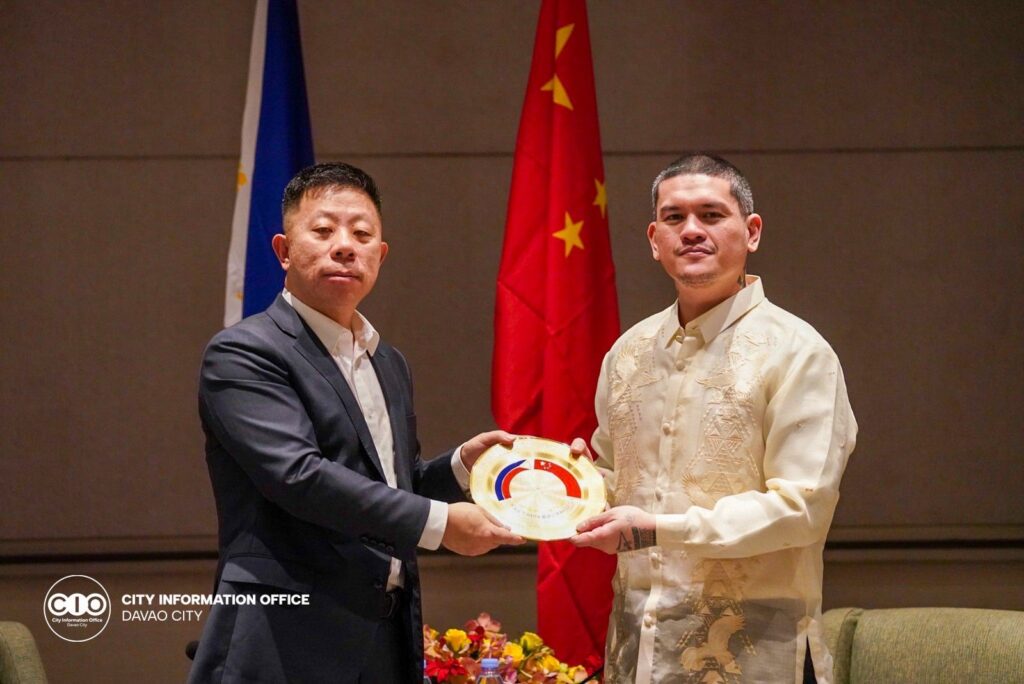In a world rapidly evolving through technological advancements, the Philippines finds itself trailing behind its Southeast Asian neighbors. The recent decision by Apple Inc. to relocate its production facilities from China to Vietnam instead of the Philippines is a glaring example of the missed opportunities and strategic missteps our nation continues to endure. Vietnam’s ability to attract such a significant investment from one of the world’s tech giants should serve as a sobering reminder of how far the Philippines has lagged in developing a competent and future-ready technological workforce.
This decision is particularly disheartening when considering the geopolitical history of these nations. The United States and China were once adversaries, while the Philippines has long been an ally to the U.S. If Vietnam can make the leap from being an enemy to a prime partner, why can’t the Philippines capitalize on its long-standing alliance?
The issue at hand is not merely one of missed economic opportunities but of systemic incompetence that has plagued both the public and private sectors. The Department of Information and Communications Technology (DICT), which is supposed to be the driving force behind the country’s digital transformation, has been consistently disappointing. Its leadership and top officials lack the technical expertise necessary to propel the country into the future. Instead of a forward-looking department that embraces the latest technological trends, we are stuck with a bureaucratic machine that is more concerned with maintaining the status quo than with real progress.
What is perhaps most alarming is the seeming apathy of those in power regarding these critical issues. The fact that Apple chose Vietnam over the Philippines should have been a significant wake-up call for our government. It is not just about losing one deal; it’s about what this decision signifies—a lack of confidence in the Philippines as a viable, competitive destination for technological investment and development. Yet, no one seems to care. The government’s lack of urgency in addressing this technological gap is not only frustrating but also a dangerous oversight that will have long-lasting repercussions.
Our Southeast Asian neighbors, such as Vietnam, Malaysia, and even Indonesia, have embraced the digital age with open arms. They have invested heavily in their technology sectors, focusing on building a highly skilled workforce that can meet the demands of global companies. Meanwhile, the Philippines continues to rely on antiquated policies and an outdated educational system that fails to produce graduates with the necessary skills to compete in the global market. We are producing graduates, yes, but are we producing the right kind of graduates? Are they equipped with the technical prowess and innovative mindset needed in today’s digital landscape?
The current state of the DICT reflects a broader issue within the Philippine government: a fundamental misunderstanding of the role technology plays in modern economic development. The department’s lack of direction and clear strategy has made it virtually impossible to keep up with the rapidly changing technological landscape. What we need are leaders who understand technology, who have a vision for the future, and who are willing to make the tough decisions necessary to ensure that the Philippines is not left behind.
A quick look at Vietnam’s strategy provides a stark contrast. They have prioritized STEM education, built a robust IT infrastructure, and created an environment conducive to innovation and growth. This has not only attracted major companies like Apple but also fostered a thriving ecosystem of local startups and tech entrepreneurs. In contrast, the Philippines is caught in a vicious cycle of outdated policies, lackluster education, and leadership that is not only unqualified but also unwilling to adapt to the demands of a globalized, digital economy.
What is even more infuriating is that this situation is entirely avoidable. The Philippines has the potential to become a major player in the global tech industry. We have a young, dynamic population that is eager to learn and adapt. We have strong ties with major tech hubs like the United States. But without the right leadership and policies, this potential will never be realized. Instead, we will continue to fall behind our neighbors, losing out on billions in potential investments and job opportunities.
The failure of the DICT is symptomatic of a larger malaise that affects the entire Philippine government. There is a pervasive culture of complacency, a lack of accountability, and a reluctance to embrace change. This is unacceptable. In a world where technology is driving economic growth and development, we cannot afford to have leaders who are stuck in the past. We need leaders who are not only technically competent but also visionary—leaders who understand that technology is not just an industry but the future of all industries.
The time for complacency is over. We must demand more from our government and our leaders. We need a DICT that is not just a department by name but one that truly drives innovation and technological growth. We need leaders who are not afraid to shake things up, who are willing to make the necessary investments in education and infrastructure, and who understand that technology is the key to our future prosperity.
In conclusion, the Philippines must urgently reassess its approach to technology and innovation. The government’s lackadaisical attitude and the incompetence of the DICT are no longer just embarrassing—they are detrimental to our nation’s future. It’s time for a new breed of leadership that understands the complexities of the modern world and is prepared to take bold steps to ensure that the Philippines is not left in the dust.
The question is not whether we can compete with countries like Vietnam; it’s whether we are willing to do what it takes to catch up and get ahead. Suppose we continue down the path of ignorance and apathy. In that case, we will miss even more opportunities, and our place in the global technological landscape will be forever relegated to the backwaters. It’s time to wake up, Philippines. Our leaders, especially our President, must wake up and step up because our future depends on it.
————————–
Rafael “Raffy” Gutierrez is a veteran Technology Trainer, boasting over 25 years of expertise in networking, administration, systems design, and diverse computer technologies.




